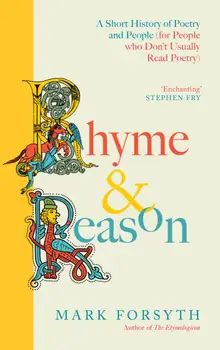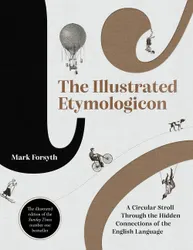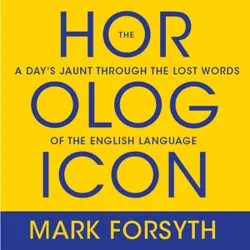Some people worry that they don't appreciate poetry; but English poetry wasn't written to be appreciated it was written to be enjoyed. For six centuries people have been reading poetry for enjoyment - for fun, for romance, for religion and for entertainment - and this is a book about those people.
What was it like to be sent a Tudor love sonnet? And how did you reply? What did people think of Wordsworth or Chaucer before they were put on pedestals? What was it like to read poetry back in the days when you didn't have to write an essay on it afterwards?
Rhyme and Reason takes you from a medieval accountant (called Chaucer) trying to entertain his lord, past a doomed love affair in the Tower of London, through adoring sonnets and notebooks filled with dirty poems, through Byromania and the Victorian hearth, understanding why people simply enjoyed poetry. From the poems of housemaids to the rhymes of kings it's the history of Britain through the poems that people read, recited and loved.
In this book, you will discover:
Lord Byron sold more books in a day than Jane Austen did in her lifetime.
If Louis XVI had been as keen on governing France as he was on English poetry, he might have kept his head.
During the First World War there were more women poets published than soldier poets.
The greatest fraud in literary history (and why you've never heard of it)
How to have fun at a seventeenth century hanging
How to really annoy Henry VIII (either with a fart joke, or with true love)
How a kitchen-maid became one of the most popular poets of the 18th Century
What Byron really thought of 'Johnny Keats's piss-a-bed poetry'
Why the Globe Theatre was more than twice the size of Wembley Stadium







